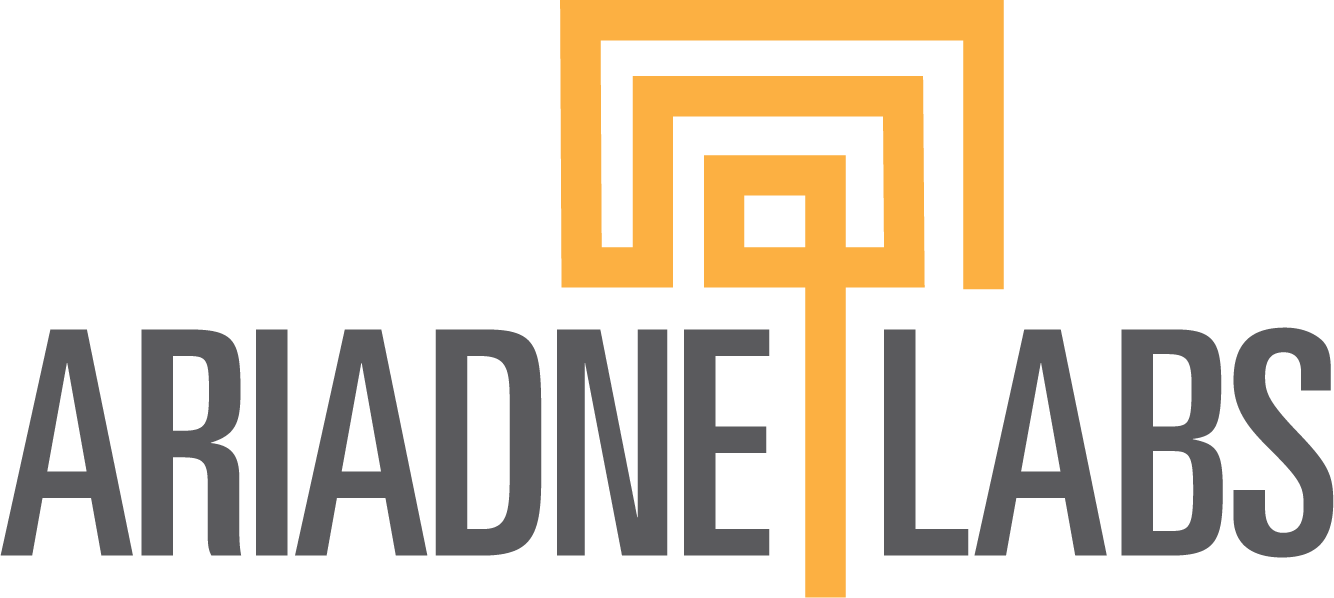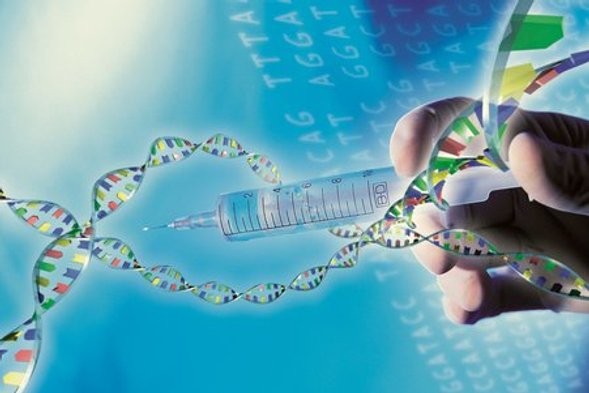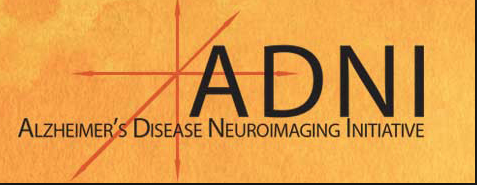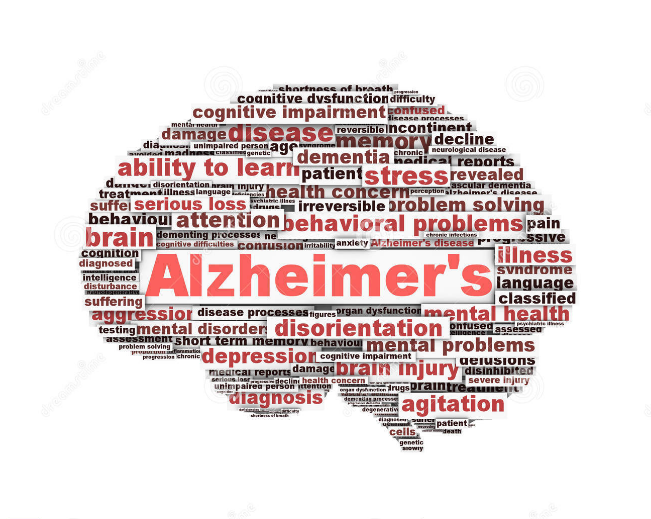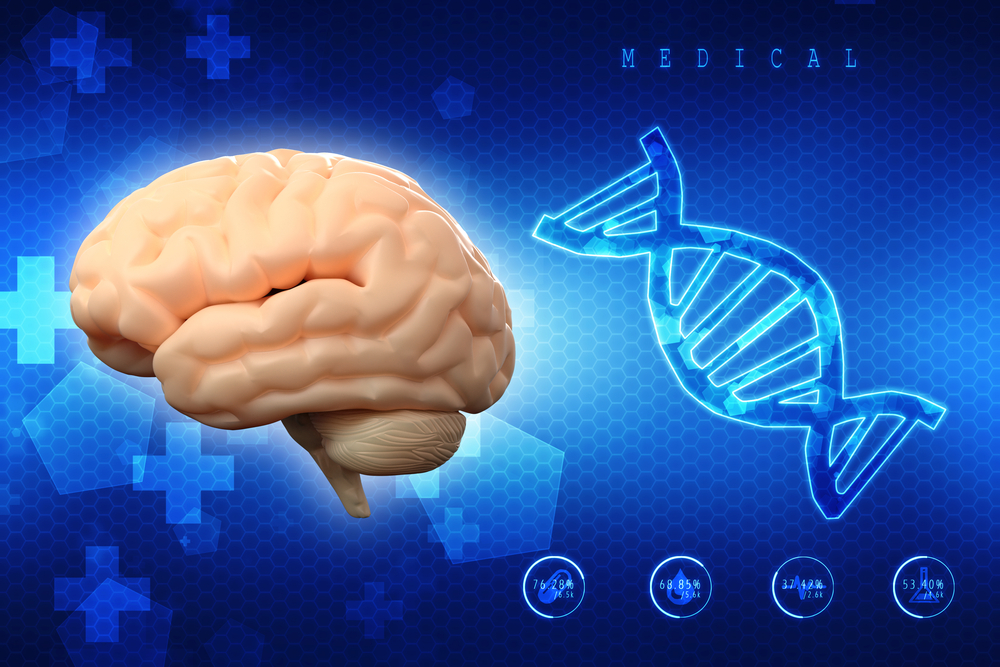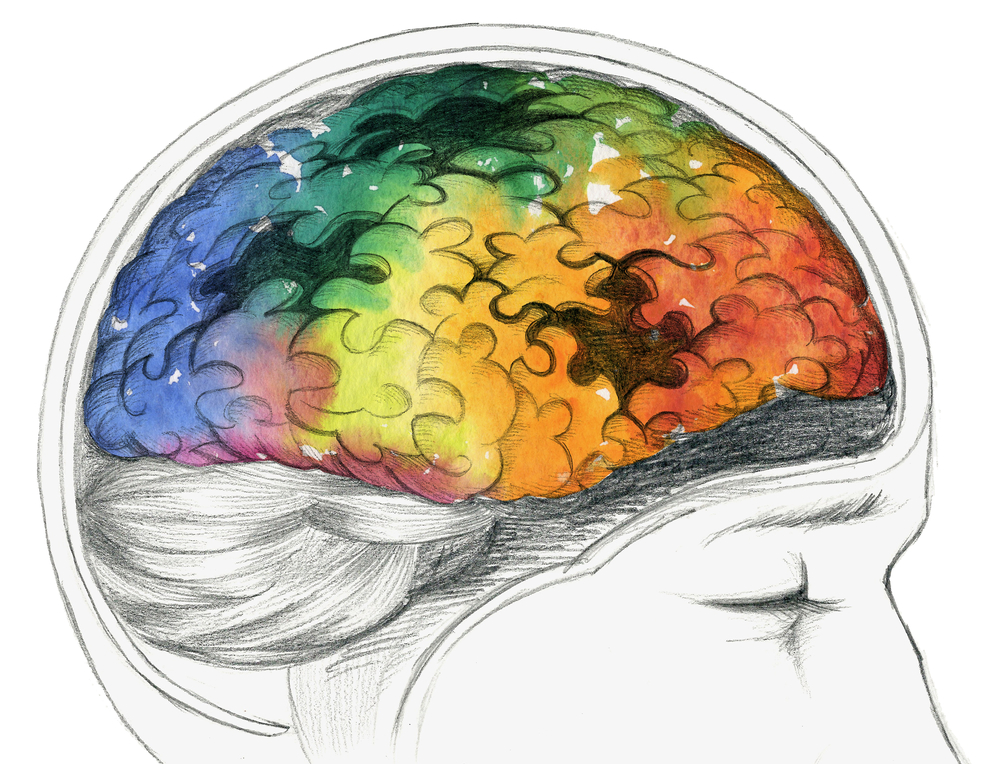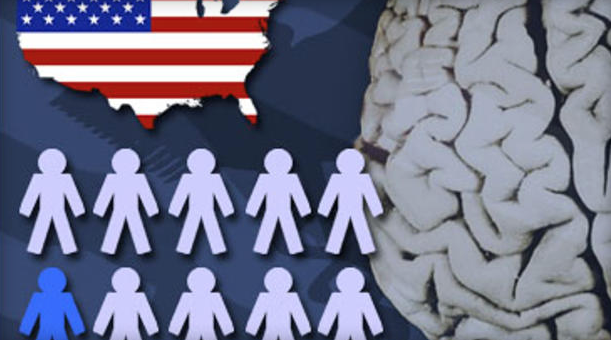The Risk Evaluation and Education for Alzheimer’s Disease (REVEAL) Study, funded by NIH, was the first ever study to disclose APOE Alzheimer’s Disease risk to healthy patients and made important contributions to the scientific understanding of disclosing genetic risk for Alzheimer’s Disease.Through a series of multi-site randomized controlled clinical trials, REVEAL provided empirical data to address ethical, … Continued
News
Plenary presentation at the Advances in Genome Biology and Technology Precision Health Meeting
AGBT Precision Health Conference
September 2018
Dr. Robert C. Green speaks at the 2018 Advances in Genome Biology and Technology (AGBT) Precision Health Conference in San Diego, California about our efforts to gather empirical data on genome sequencing healthy individuals. Watch to learn more about G2P’s MilSeq, BabySeq, MedSeq, PeopleSeq, PGen and REVEAL projects. Click here for more on the conference.
G2P Newsletter May 2017
Genomes2People
May 2017
In spring, The New York Times highlighted G2P’s work with REVEAL-SCAN, team members participated in a 10k marathon to raise money for genetic research, and G2P researchers published a new article on direct-to-consumer testing.
New gene tests pose a threat to insurers
New York Times
May 2017
Dr. Green has found that people who learn they have the ApoE4 gene fare just as well if they get the results without counseling.those who learned they had the gene variant — Ms. Reilly was one of them — were nearly six times more likely to buy long-term care insurance than those who did not.
More information on genetic risks is actually reassuring, study finds
Boston Globe
February 2016
Within the REVEAL-SCAN study, one group of participants are given back the results on Alzheimer’s and additional heart disease information. Patients who are receiving the additional information are finding it reassuring that they can take measures to prevent at least one of their possible conditions if they have mutations for both.
No worries! CAD risk disclosure OK at Alzheimer’s genotyping
Medscape
January 2016
Through the REVEAL study, researchers were testing to see how participants anxiety, depression, and test-related distress would be affected by knowing their genetic results of Alzheimer’s Disease and Coronary artery disease.
Disclosure of incidental genetic findings can have positive impact for patients
Brigham Women's Hospital
January 2016
A new study has found that providing unanticipated information about risk of coronary artery disease during a genetic risk assessment for Alzheimer’s disease helped some participants cope with their results, and also motivated participants to make changes to their health behaviors. The results of the randomized controlled study are published online in the journal Annals of … Continued
With genetic testing results, more may be better
Reuters Health
January 2016
The research study conducted through REVEAL might help researchers and doctors decide how much information to give patients based on genetic testing results
Big precision medicine plan raises patient privacy concerns
Scientific American
February 2015
A path for precision medicine
New York Times
February 2015
The risk of knowing: Alzheimer’s research volunteers
Philadelphia Inquirer
January 2015
As genetic information floods medicine, what role will genetic counselors play?
Radio Boston
January 2015
Fearing punishment for bad genes
New York Times
April 2014
ADNI full genetic sequences now available for download
Alzheimer Research Forum
October 2013
Genetic culprit identified in progression of Alzheimer’s
Health Hub
August 2013
It’s legal for some insurers to discriminate based on genes
NPR "Shots"
January 2013
To reveal or not to reveal? New data on the question
Alzheimer Research Forum
August 2012
New study announced that will use genetics to test for Alzheimer’s risk
Brigham Women's Hospital
July 2012
In a new Alzheimer’s disease risk assessment study unveiled this week during the Alzheimer’s Association International Conference, researchers at Brigham and Women’s Hospital are offering genetic testing and Alzheimer’s risk estimates for people who are experiencing mild cognitive impairment.
DNA mapping of Alzheimer’s patients gives deep dive view
Bloomberg
July 2012
Genetic testing and disease: Would you want to know?
USA Today
April 2012
Prognose ohne schrecken (Prognosis without scare)
Süddeutsche Zeitung, Bavaria, Germany
November 2011
It’s mild cognitive impairment. Now what?
The New York Times
November 2011
Researchers get NHGRI funding to study effects of Alzheimer’s risk testing
GenomeWeb
November 2011
Impact of genetic risk information may be short lived
Alzheimer Research Forum
October 2011
Searching for an Alzheimer’s Cure: The Story of Flurizan
HBO Documentaries: The Alzheimer’s Project
January 2010
Alzheimer’s gene may impair middle-aged memory
CNN Health
July 2009
Alzheimer’s gene test causes little distress for carriers
CBC News
July 2009
Alzheimer’s gene ApoE4 may begin to cause memory decline as early as 50s
The New York Daily News
July 2009
Test for Alzheimer’s may offer relief
The Worcester Telegram & Gazette
July 2009
Alzheimer’s risk: Would you want to know?
Science Daily
July 2009
News of Alzheimer’s gene not necessarily scary, study finds
Fox News
July 2009
Gene raises Alzheimer’s risk, but testing for it doesn’t raise anxiety
USA Today
July 2009
Learning of risk of Alzheimer’s seems to do no harm
The New York Times
July 2009
High Alzheimer’s risk? Many can cope.
CBS News
July 2009
Genetic testing helps people cope with Alzheimer’s diagnosis
The Ledger
July 2009
Alzheimer’s gene test: No harm?
WebMD
July 2009
Disclosing genetic risk for Alzheimer’s disease does not cause psychological distress
ScienceBlog
July 2009




